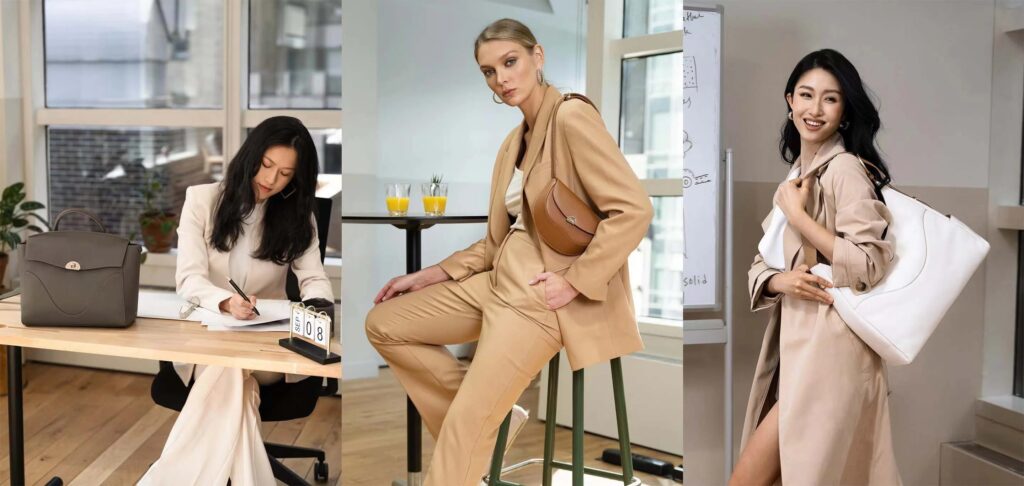The world of fashion has always been captivated by luxury handbags, with brands like Chanel, Louis Vuitton, and Gucci dominating the market. These designer bags are often seen as symbols of status and sophistication, representing an investment in personal style. However, the allure of replica handbags—commonly referred to as fakes is undeniable. The appeal lies in the blend of aesthetics and accessibility; for many, the price of authentic luxury bags is simply prohibitive. This has led to a thriving market for replicas that mimic the designs, logos, and overall style of high-end brands, allowing consumers to indulge in the luxury aesthetic without the luxury price tag. While some may view these replicas as inferior imitations, others embrace them as practical alternatives that fulfill their desire for style and fashion without breaking the bank.

However, the fascination with replica handbags extends beyond mere financial considerations. The emotional and psychological factors at play are significant. For many consumers, the experience of owning a designer-like handbag whether authentic or replica—can enhance self-esteem and provide a sense of belonging within social circles that value fashion. In this sense, Replica Bags can serve as a gateway to a lifestyle that might otherwise seem unattainable. Furthermore, the craftsmanship behind many high-quality replicas has improved remarkably over the years, making it increasingly difficult for the average person to distinguish between genuine and faux pieces. This level of quality often leads to discussions around the ethics of fashion consumption – is it acceptable to purchase replicas, or does this undermine the work of designers and artisans who invest their creativity and resources into creating authentic pieces?
Yet, the debate over fake versus fabulous is not merely about ownership and desirability; it also raises broader questions about consumer values and the future of fashion. With the rise of sustainable fashion, many consumers are reassessing their purchasing habits, focusing on ethical production and long-lasting quality. As a result, the growing awareness of the environmental impact of fast fashion has led some to opt for high-quality replicas as a more sustainable alternative to frequently buying trendy items. However, this brings us back to the original question – does purchasing a replica contribute to a cycle of devaluation of authentic luxury brands? As the lines between fake and fabulous continue to blur, individuals must navigate the intricate landscape of style and status, determining what authenticity means to them in a world saturated with options. The ongoing discourse around replica handbags highlights the changing dynamics of fashion, urging both consumers and brands to rethink their relationships with luxury, identity, and sustainability. Ultimately, the allure of replica handbags reflects a complex intersection of desire, identity, and ethics, inviting consumers to consider what they truly value in their fashion choices.